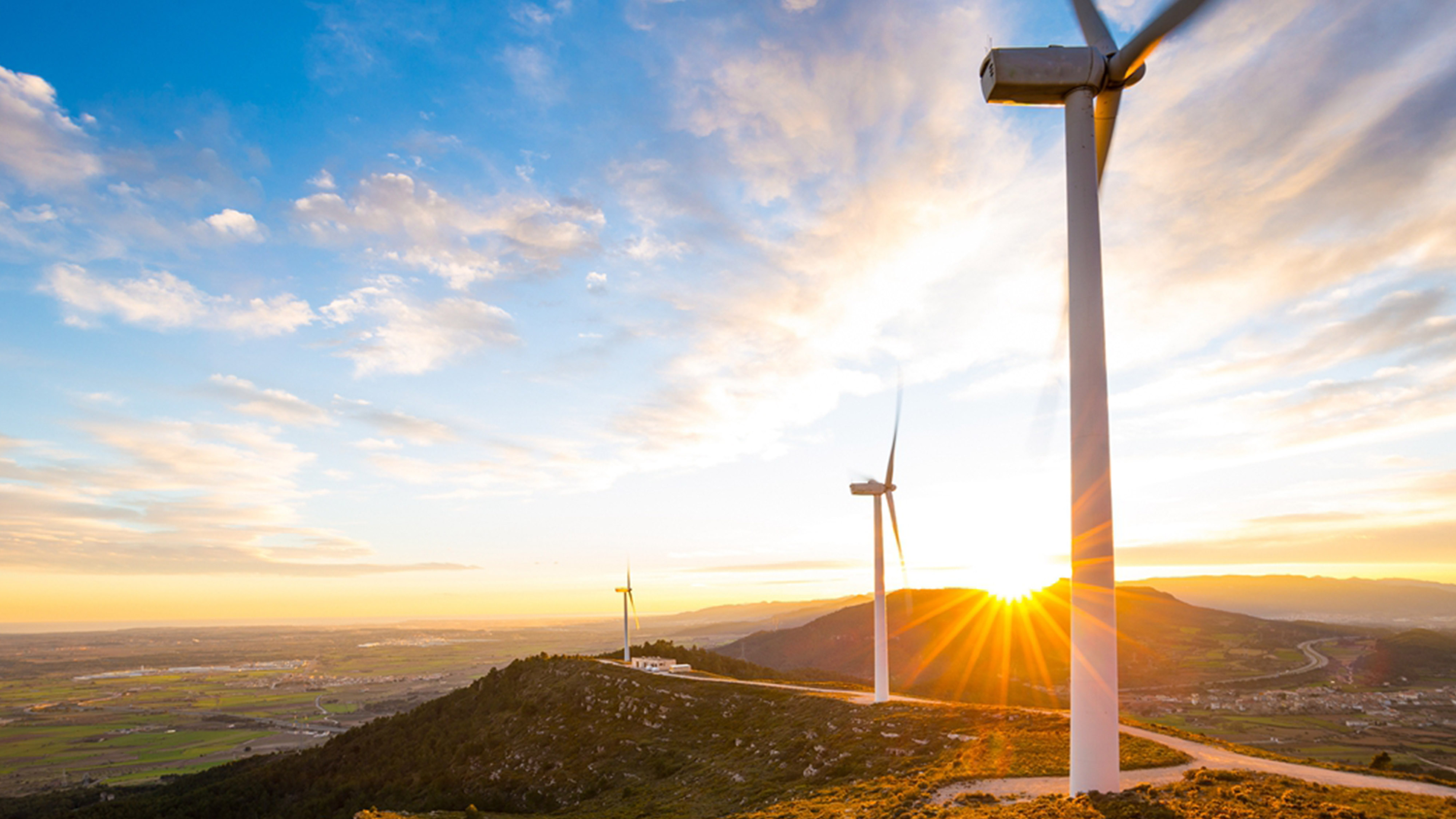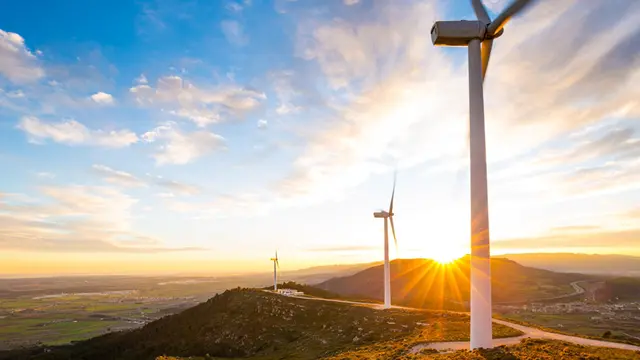07:33

China is among only a handful of countries that have maintained steady progress on transitioning the country to clean energy, and the country is expected to see even further improvements in the future, according to the the Roberto Bocca, Head of Energy and Materials at World Economic Forum (WEF).
The WEF's latest annual energy report published today said that only 11 countries out of 115 studied "have made consistent and measurable progress on their energy transition over the past six years."
Aside from China, the other countries highlighted were Argentina, Bulgaria, the Czech Republic, the Dominican Republic, India, Ireland, Italy, the Slovak Republic, Sri Lanka and Ukraine, according to the "
Energy Transition Index (ETI) 2020: from crisis to rebound
", published Wednesday.
"The fact that China is among those 11 countries is great news, because China is the largest energy consumer, and so what happens in China will impact the world," Bocca told CGTN.
Bocca praised China's "balanced energy transition approach" as the country was able to not only tackle environmental sustainability but also looked at how those efforts support economic growth and development, while maintaining energy security.
"So China in particular, since 2015, has progressed on each of these three imperatives. We can refer to China as a very balanced energy transition approach, so that's very good.
"China's economy is very diverse, and this demonstrates the complexity of energy transition," he said.
WEF: Countries are improving, but not consistent
In the report, WEF's Energy Transition Index said it registered its first year-on-year decline since 2015 with 55 percent of the countries falling in their index scores. It noted inconsistencies but also said that overall progress has been positive for most countries.
The index benchmarks the state of a country's transition towards a more inclusive, sustainable, affordable and secure energy system.
Meanwhile, WEF also said it is concerned about the disruptive effects of the coronavirus pandemic on the world's clean energy transition efforts.
Bocca said China has pioneered the cost competitiveness of solar PV and onshore wind.
"(China has been) leveraging the manufacturing expertise and we have seen record capacity installation in China over the past few years as well," he said.
While China is the biggest energy consumer in the world, it was also the overall biggest investor in renewable energy in the past 10 years since 2010. WEF noted that 2.6 trillion U.S. dollars was invested globally in renewable energy, such as solar, wind, biomass and waste-to-energy, excluding hydro, between 2010 to 2019. China invested 758 billion U.S. dollars during that time.
Bocca said the index also provided a look into the future performance of energy systems and preparedness.
"China's bold measures in terms of electrificational mobility and energy storage and as well as on air pollution will likely yield good results in the future... We see the China system not only improving but also being set for further improvement," said Bocca.
He also said that the country's gradual transformation or transition to an innovation-led economy will lead to a decoupling of economic growth focused on energy consumption, which was "another great opportunity" for progress in the field.
(Cover: VCG)
 简体中文
简体中文



